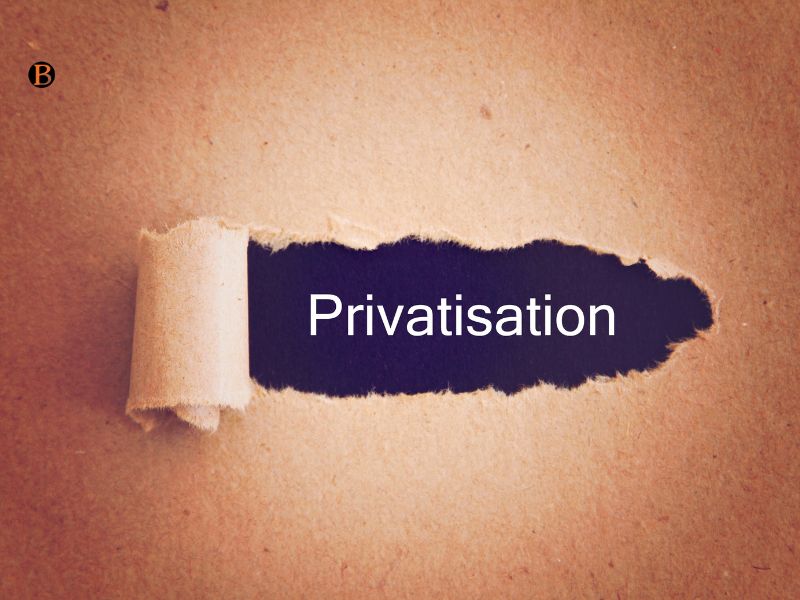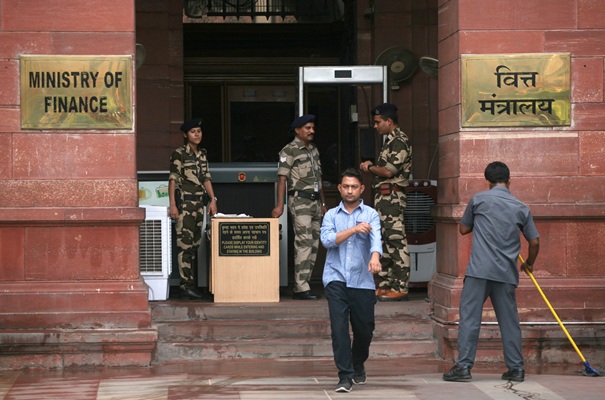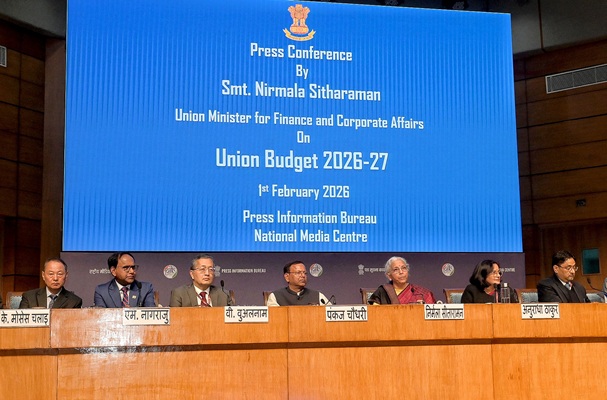.png)

Groupthink is the House View of BasisPoint’s in-house columnists.
January 31, 2025 at 2:32 PM IST
When Finance Minister Nirmala Sitharaman presents the Union Budget for 2025-26, it will mark five years since she first announced plans to fully divest the government’s stake in IDBI Bank. The process, however, remains far from complete.
In late 2022, the government and LIC invited bids for a 60.7% stake in IDBI Bank, each offering a little over 30%. Every year, as budget day approaches, speculation builds that a deal is imminent. Then, silence follows.
The IDBI Bank saga stretches back further. In the 2016-17 Budget, then Finance Minister Arun Jaitley signalled plans to pare the government’s stake below 50%. When no buyers emerged, LIC was nudged into infusing capital, reducing the government’s direct stake below the threshold—though, together, LIC and the Centre still control 94.7% of the bank. The Reserve Bank of India classifies IDBI Bank as a private lender, but for all practical purposes, it remains state-controlled.
Sitharaman’s last budget speech omitted any mention of IDBI Bank or other privatisation plans. Beyond IDBI, the government has spoken of divesting two other public-sector banks and two state-owned general insurers. Yet, specifics remain elusive.
Privatising IDBI Bank was supposed to be relatively straightforward. Unlike other PSU banks, it does not fall under laws requiring the government to retain a 51% stake. That makes the lack of progress telling—especially considering that privatising other banks or insurers would require legislative amendments. The ruling party has the parliamentary numbers to push such changes through, but coalition politics may be a limiting factor.
The bigger issue is the lack of buyers. The absence of marquee bidders forced the government to rely on LIC to inject capital into IDBI Bank. Aware of this, policymakers and the RBI have steadily eased norms to widen the investor base, allowing private and foreign banks to bid. Players like Fairfax Holdings, which backs CSB Bank, and Kotak Mahindra Bank have shown interest. But serious traction remains elusive.
Resistance from employee unions adds another layer of complexity. Culture clashes between PSU and private banking models—spanning remuneration structures to service expectations—complicate a seamless transition for any potential buyer.
The government’s lack of urgency is apparent. Unlike loss-making Air India or MTNL, IDBI Bank is profitable and does not consume fresh capital. Without financial distress to force a sale, the process may stretch into 2025-26.
No clarity exists on which PSU banks or insurers are next in line for privatisation. If even the names are undecided, a formal divestment process remains a distant prospect.
If the government has abandoned plans to privatise public-sector financial institutions, it should say so explicitly. Financial institutions depend on public trust, and uncertainty over ownership can erode confidence. A state-owned bank or insurer enjoys an implicit sovereign guarantee. If privatisation is a real possibility, depositors and policyholders may take their business elsewhere. The government’s repeated announcements without follow-through undermine public-sector entities more than they help them.
The RBI’s on-tap licensing framework allows any ‘fit and proper’ promoter to start a universal or small finance bank. Deep-pocketed investors may prefer a greenfield venture, as seen in the high number of applicants, rather than acquiring a PSU bank laden with legacy baggage.
IDBI Bank’s unfinished privatisation underscores a broader truth: even with a comfortable parliamentary majority, some reforms are easier announced than executed. End
*Groupthink is the House View of Basis Point’s in-house columnists.




